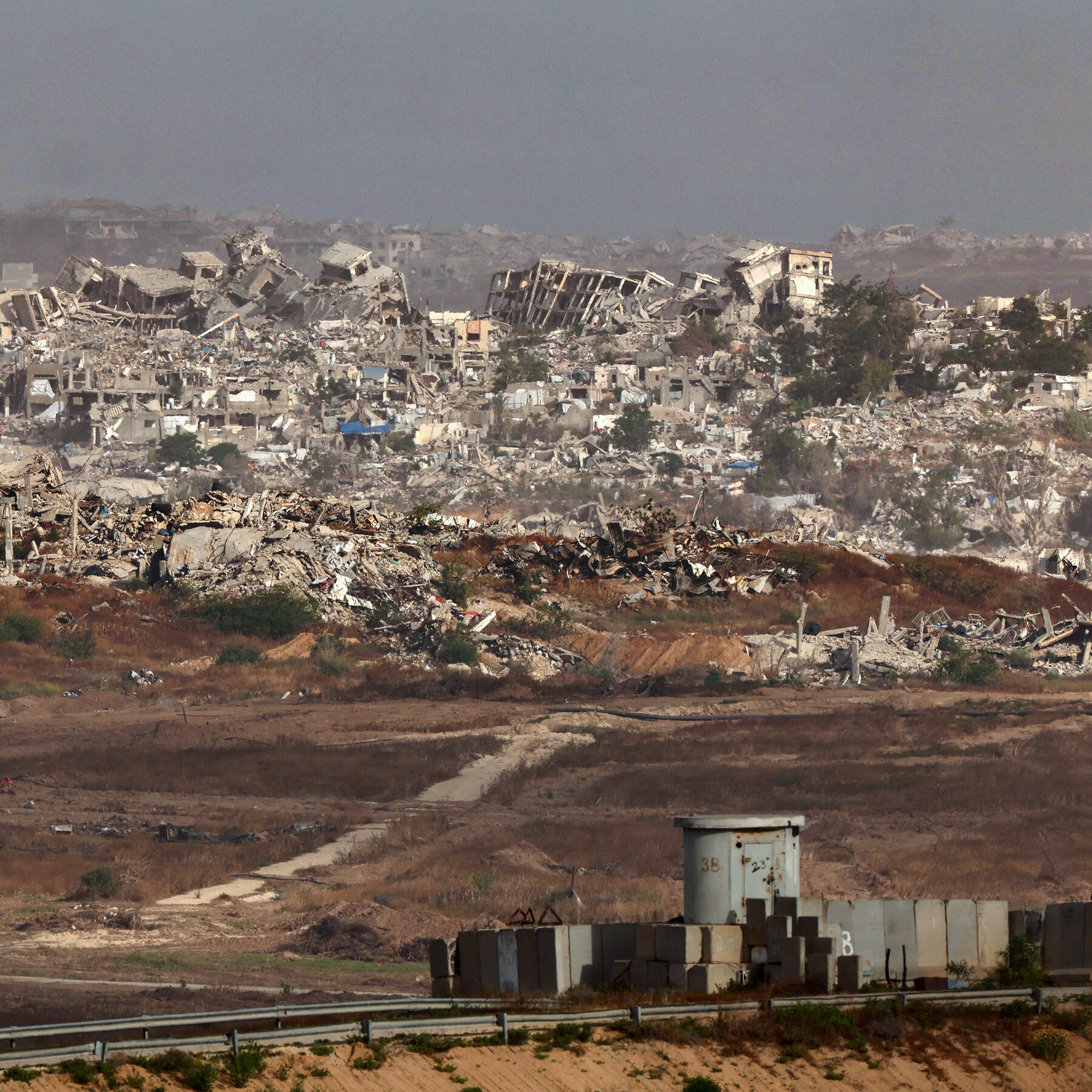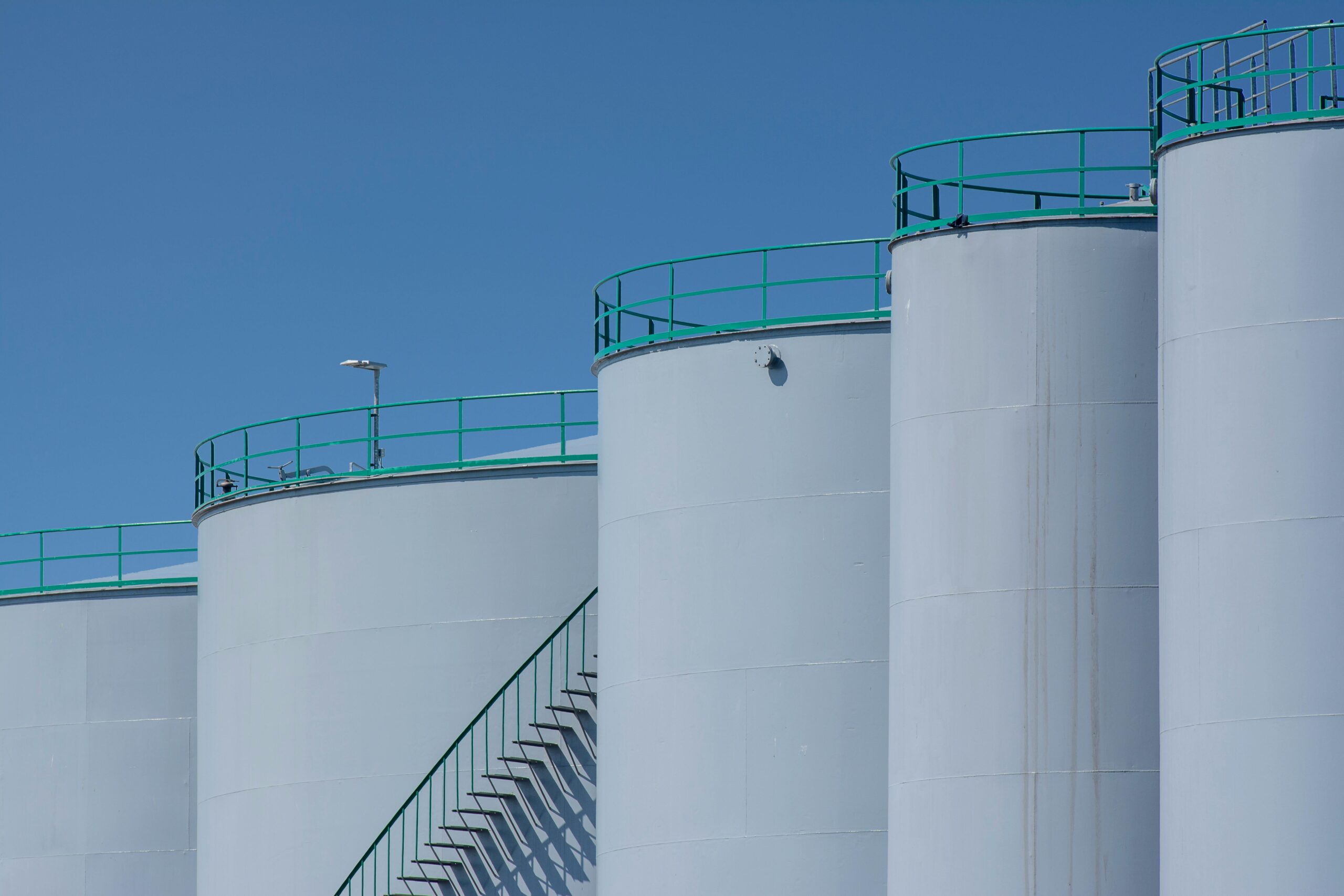What role does your money play in fueling the climate crisis?
There is an increasing awareness around the world about the impending climate crisis. The average individual may believe that they have little to no influence over this monumental issue. However, the reality is quite different. Our everyday decisions, particularly our financial choices, can significantly impact the environment. This piece aims to delve into the role that our pensions, investments, and banking decisions play in either supporting fossil fuel projects or championing sustainable alternatives.
The global economy is intricately connected in several ways, and one of these connections is the flow of money. The funds in our pension plans, the money we invest, and even the choices we make with our banking can have far-reaching implications. These financial resources often end up supporting various industries and projects. Unfortunately, many of these ventures are heavily based on fossil fuels, which are a major contributor to the escalating climate crisis.
Pensions are a prime example of how our money can inadvertently support fossil fuel projects. Many pension funds are invested in a diversified portfolio of stocks, bonds, and other assets. Within these portfolios, a significant portion is often allocated to companies in the energy sector, many of which are heavily reliant on fossil fuels. With the global energy sector still predominantly fossil fuel-based, our pension funds inadvertently contribute to the climate crisis by financially backing these companies.
Our investment decisions, too, can play a significant role in either exacerbating or mitigating the climate crisis. Traditional investment strategies often involve putting money into industries that promise high returns. Unfortunately, these industries often include those that are heavily reliant on fossil fuels, such as the automotive, manufacturing, and energy sectors. Therefore, when we invest in these sectors, we indirectly support the extraction and use of fossil fuels, contributing to the worsening climate crisis.
Even our day-to-day banking decisions can have a profound impact on the environment. Banks use their depositors’ money to provide loans to businesses and industries. Many of these loans go to companies in sectors that are heavily reliant on fossil fuels. By choosing to bank with these institutions, we indirectly support the fossil fuel industry.
So, how can we make a change? The answer lies in supporting sustainable alternatives. Green investment and banking options are becoming increasingly available and accessible. These options allow us to direct our financial resources towards projects and companies that prioritize sustainability and renewable energy. They offer an effective way to use our finances to combat the climate crisis.
While the returns from green investments might not be as high as traditional investments initially, they offer other benefits. They provide the satisfaction of knowing that your money is supporting sustainable practices and helping to reduce the dependency on fossil fuels. Moreover, as the world is moving towards a more sustainable future, these investments are likely to appreciate over time.
Choosing green banking options can also make a significant difference. Many banks now offer “green” accounts or loans, which are specifically designed to support renewable energy projects and sustainable businesses. By choosing these banking options, you can ensure that your money is being used to support the transition to a more sustainable world.
In conclusion, our financial decisions, including pensions, investments, and banking choices, have a significant role to play in the climate crisis. By choosing to support projects and companies that prioritize sustainability and renewable energy, we can use our financial resources to help mitigate this global issue. It’s time we rethink our financial strategies, not just for our own benefit, but for the health of our planet. It’s time we start seeing green in more ways than one.








